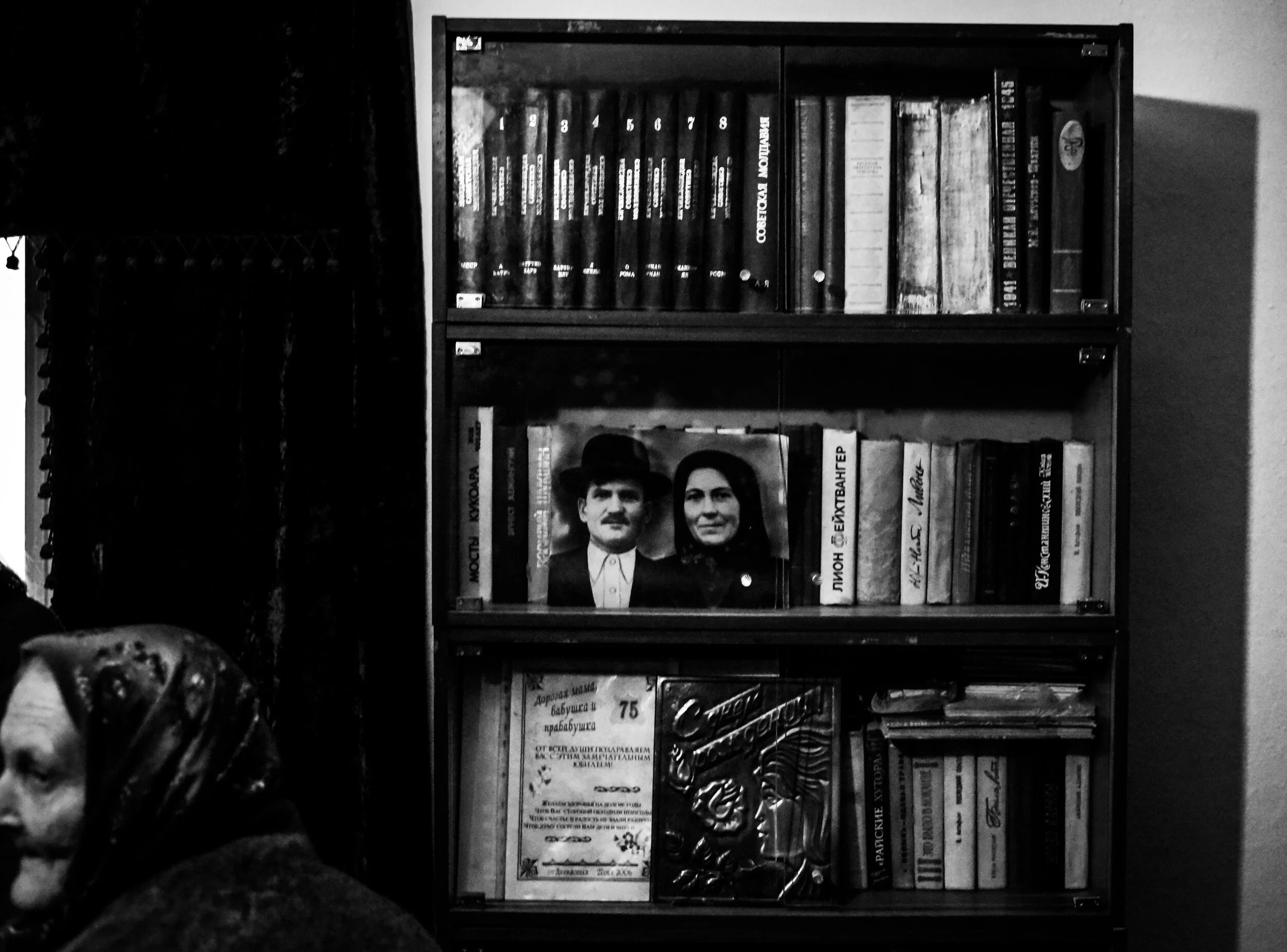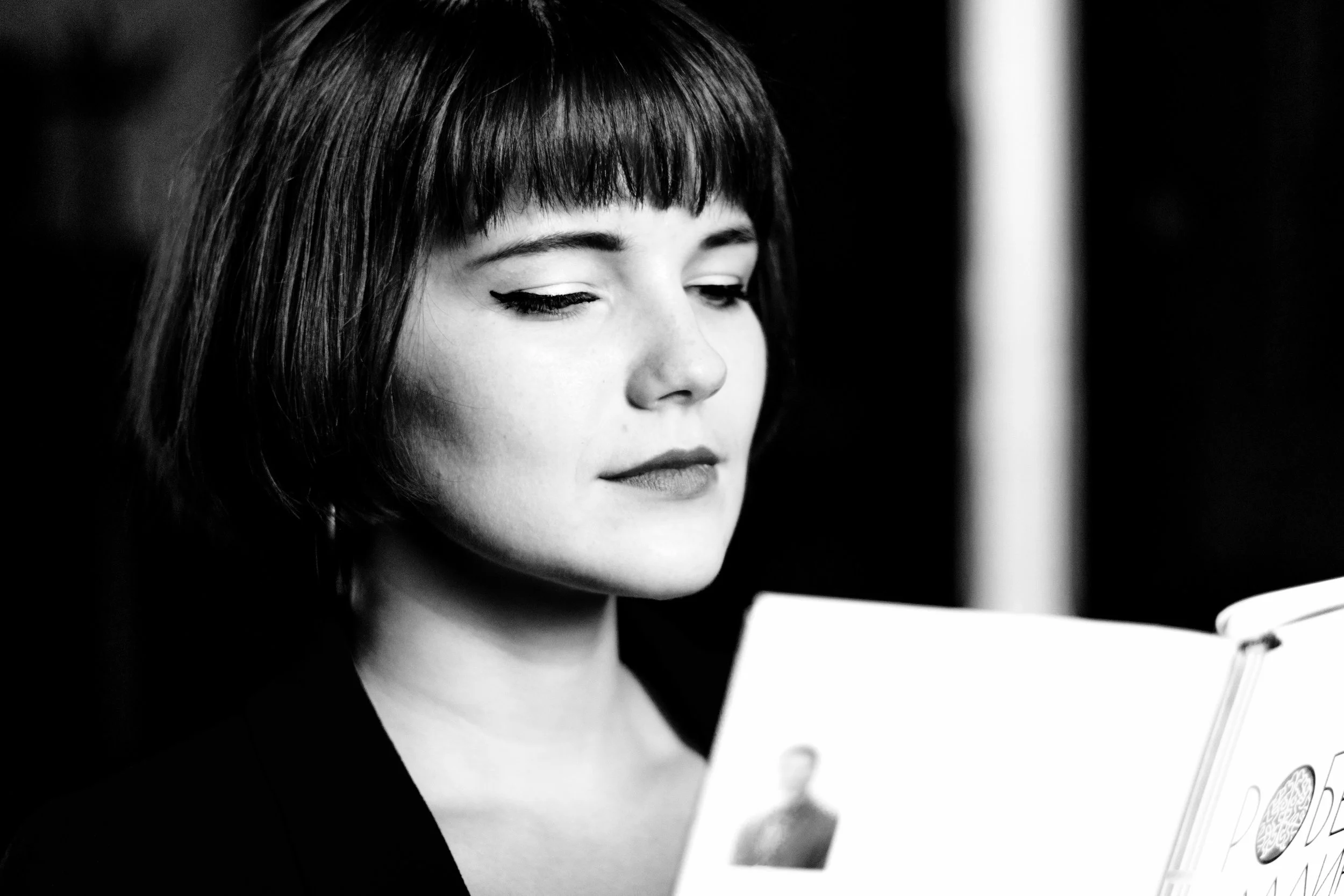
Drunk and sober reflections on reading
by Justina Dobush
Translated from the Ukrainian by Yulia Lyubka
What is left with us after we have read a book? Is it a memory without any practical appliance, names and dates, stories you will never become a part of or ideas you will never think of? Books are the infinity of human lives, which crave for being remembered. It is the only possible way to preserve every second and each personality in its incredibility.

“Literature supports us, in a way”: An Interview with Andriy Lyubka
Interviewed by Kate Tsurkan
In a way, poverty is very existential. When your circumstances in life are not good, you think a lot about the meaning of things. Now, in this time of war, we are living on the edge.
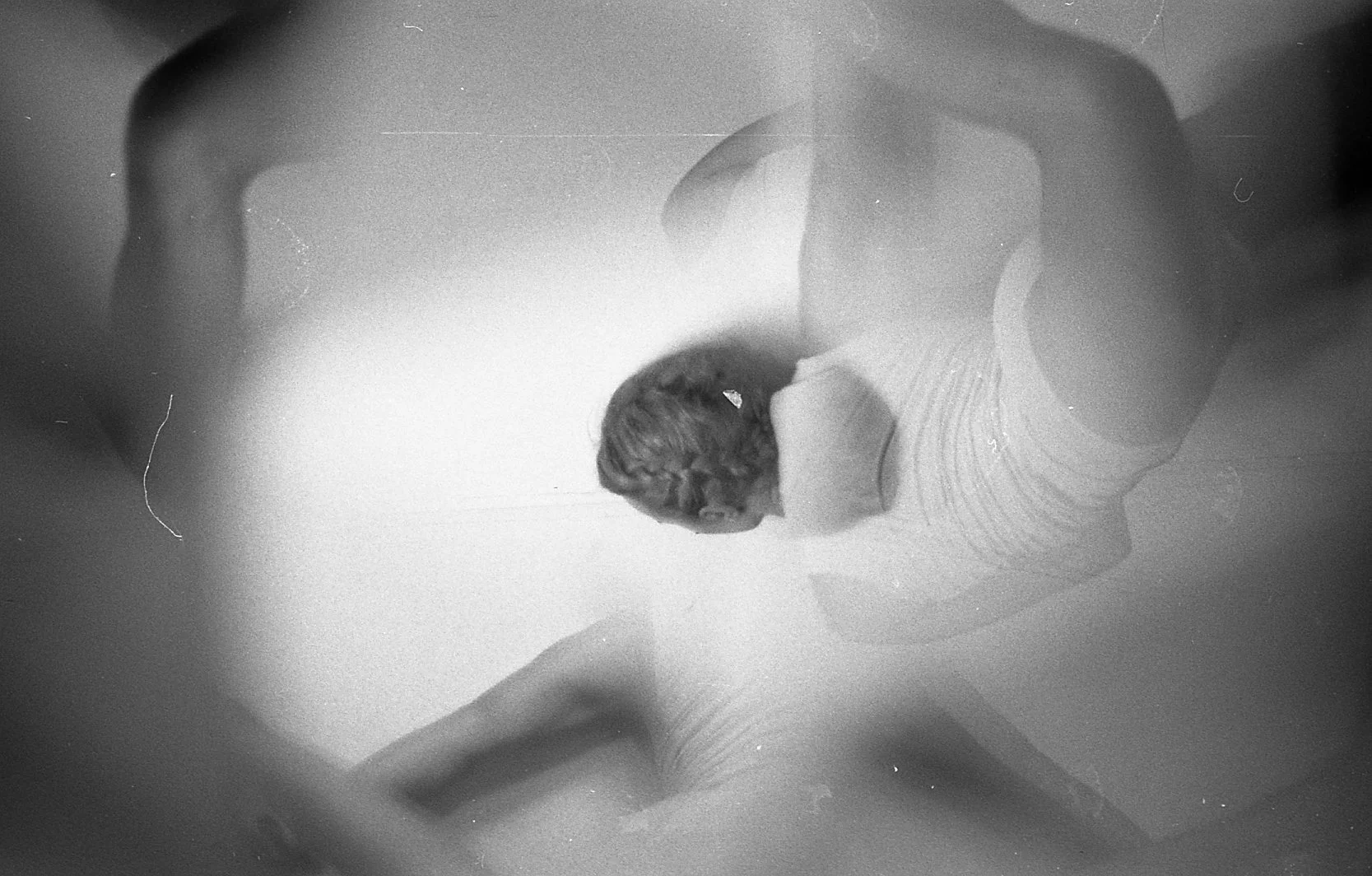
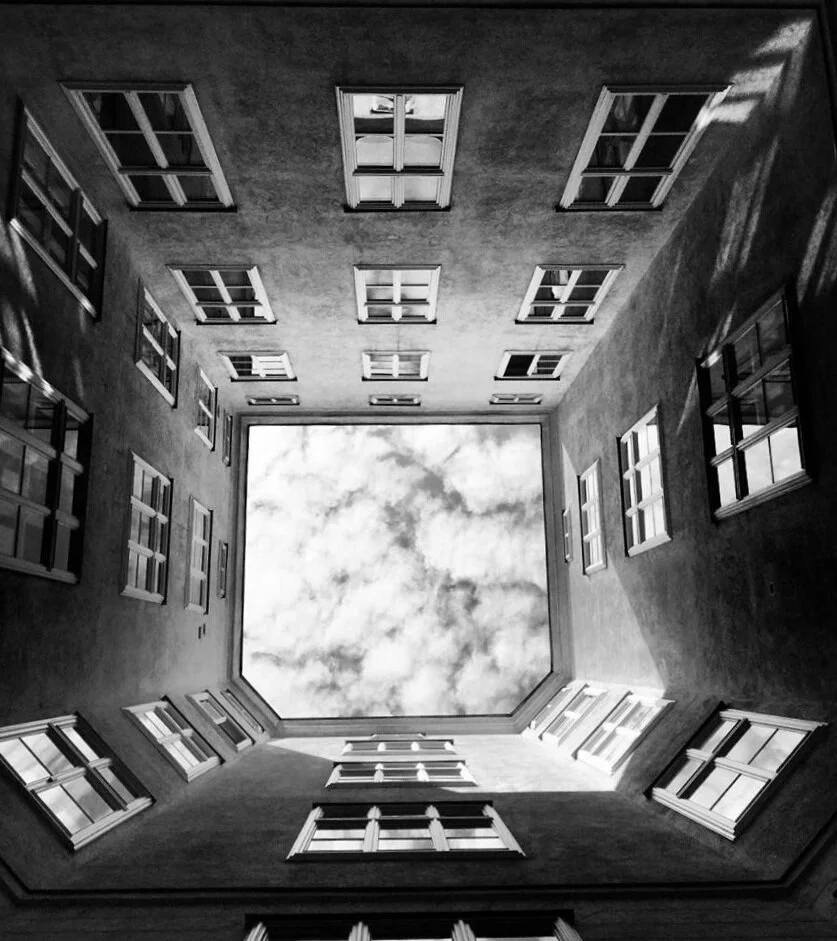
Four Poems
by Aleksey Porvin
Translated from the Russian by Isaac Stackhouse Wheeler
The tree must see—under your feet
a dove drops its feathers—take them;
your plumage will be white
if you choose an easy flightpath.
Late cherries—round wounds
remember what arrowhead
made them in the wet summer wind.
They remember, but you must forget.
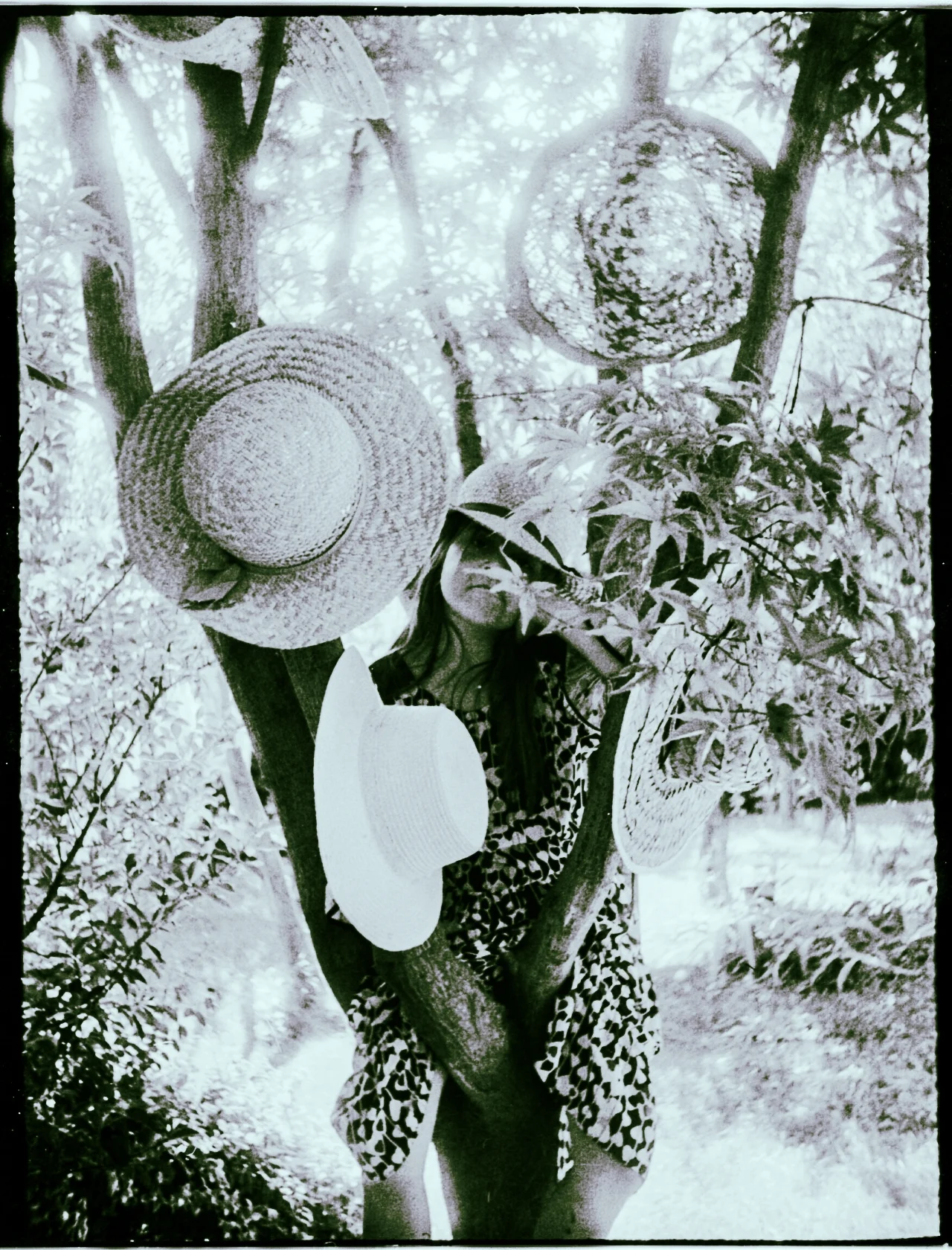
"Cinema" and other poems
by Olena Jennings
I remembered the scene when her lover got trampled
by an elephant. She lifted herself above the despair.
Last time I went dancing I was at the level of sky.
I felt my body unfold because I was so close
to getting what I wanted and then it folded again
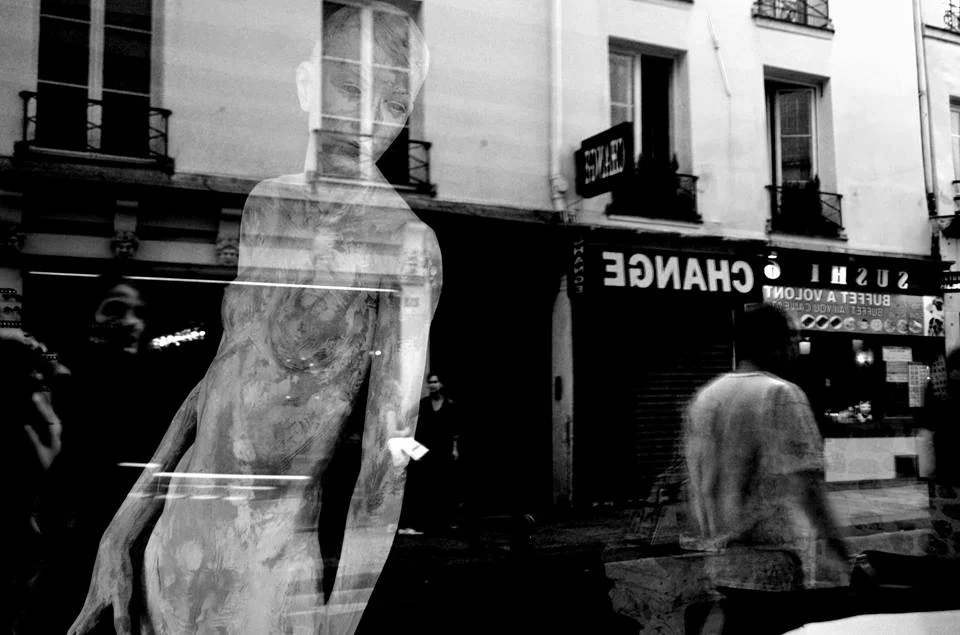
"The Girl With No Tail" and other poems
by John LaPine
The Girl with No Tail has no balance.
She teeters on the brink,
eclipses precipice. Threat of falling does not
thump hard in her chest, does not live
in her throat, her tiny black throat.
She lives like danger becomes her.
She lets herself wobble against
wind, a branchless tree: thin.
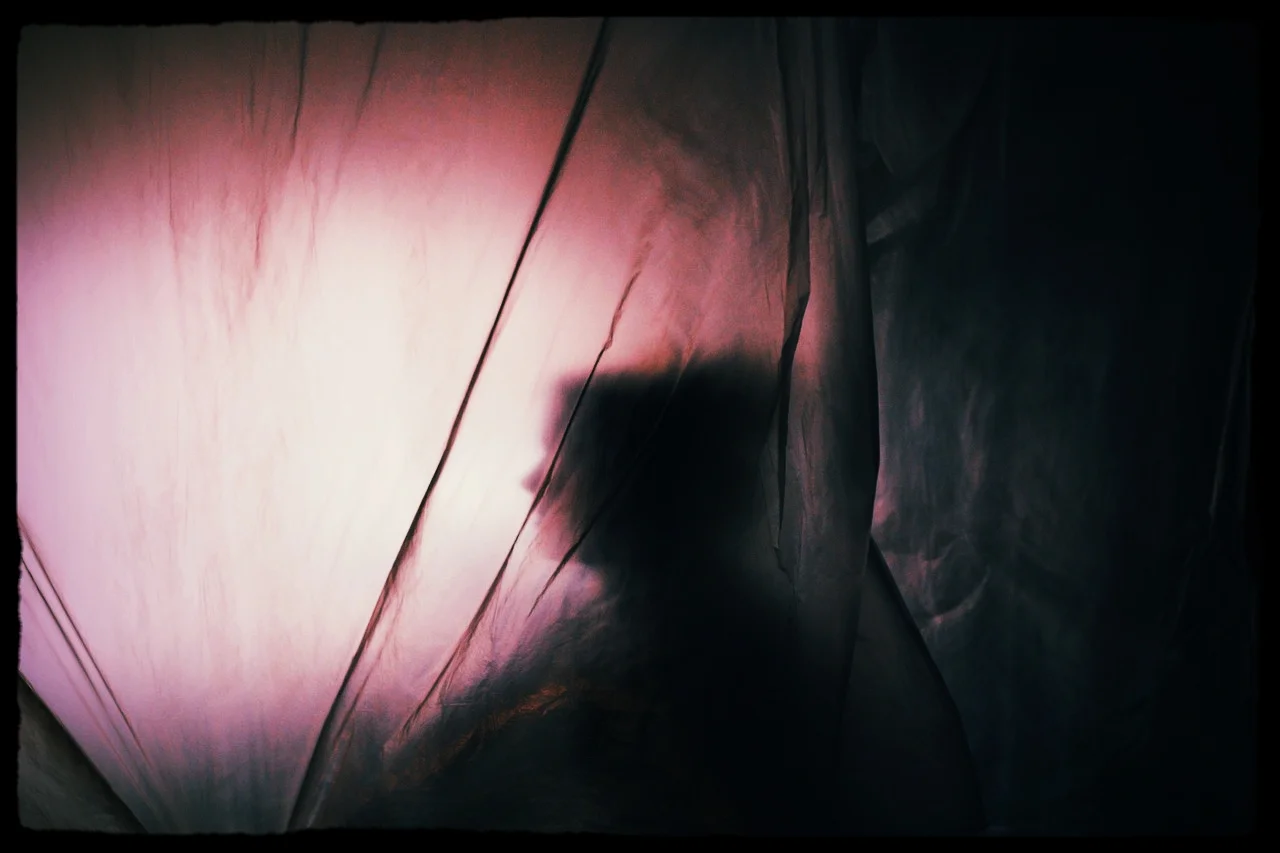
"Beneath the Strawberry Moon"
by Wanda Deglane
You’re crouched outside the car, limbs folded
like a broken sun chair, spluttering and vomiting
against rocks that gut your hands like first-century nails.
I’m gripping the seat, picturing the world about to go
tumbling, frozen by gravity that wasn’t there minutes ago.
The music explodes through the speakers, tries to drown
out the sounds of your shuddering, your gasping for air,
your downhill battles that shred the still night in two.
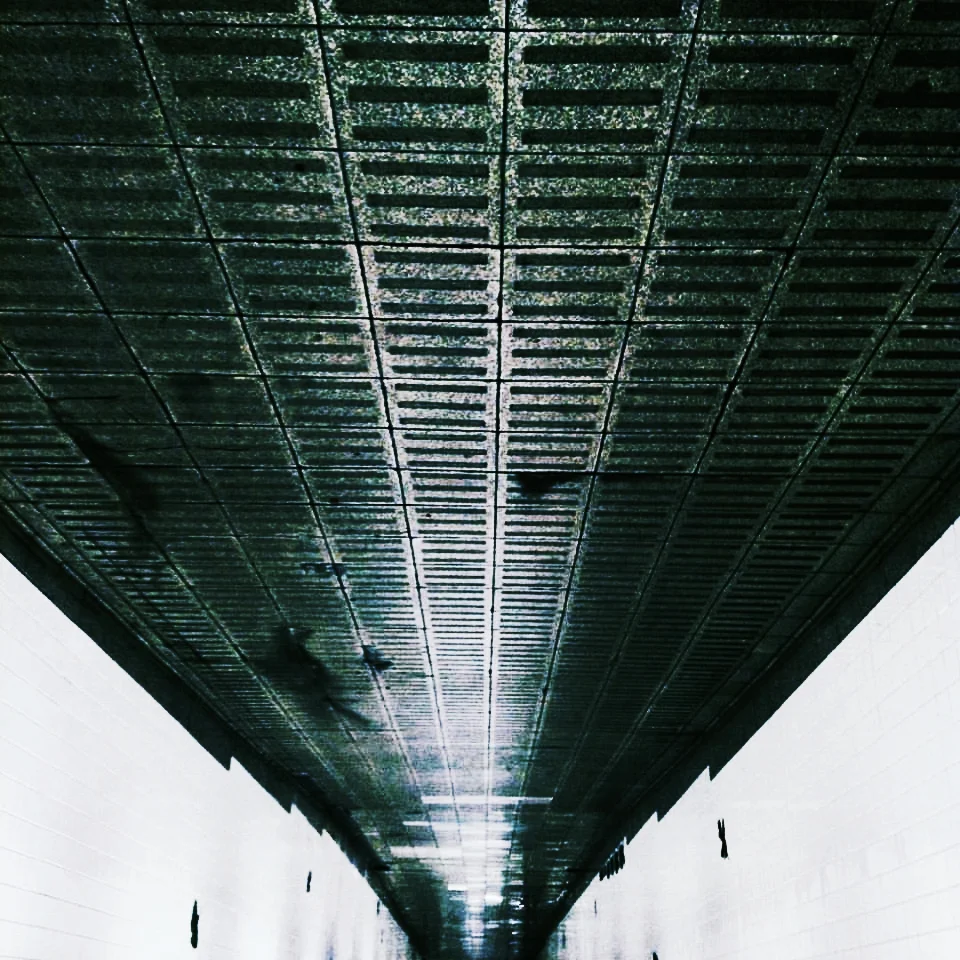
Five Poems
by Slavick Ciganec
Translated from the Ukrainian by Olena Jennings
in her eyes a sign should read “swimming prohibited”
no one knows how many of those who ignored it drowned
one day you’ll want to try it
but there is one tiny problem
you must dive to the very bottom
and come face to face with the heavenly
or martyrs
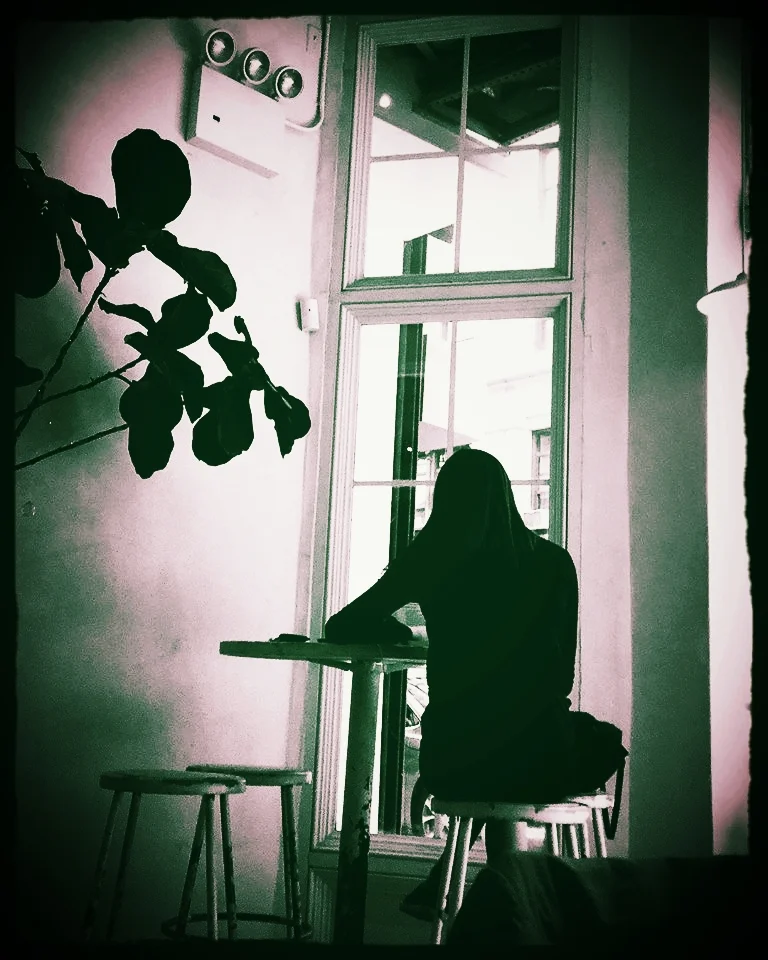
Reimagining Nietzsche at an airport terminal
by Sneha Subramanian Kanta
The airport terminal is only familiar because Nietzsche is—there he stands, with a silent yawp. Your body murmurs but you learn to extrapolate the creaks into joint movements. These scrapes of glue paper and unwanted items – unreal carpet route, real scrap. How less we require. How much we desire, how much we have, how much we keep, of it all, the body is closest.
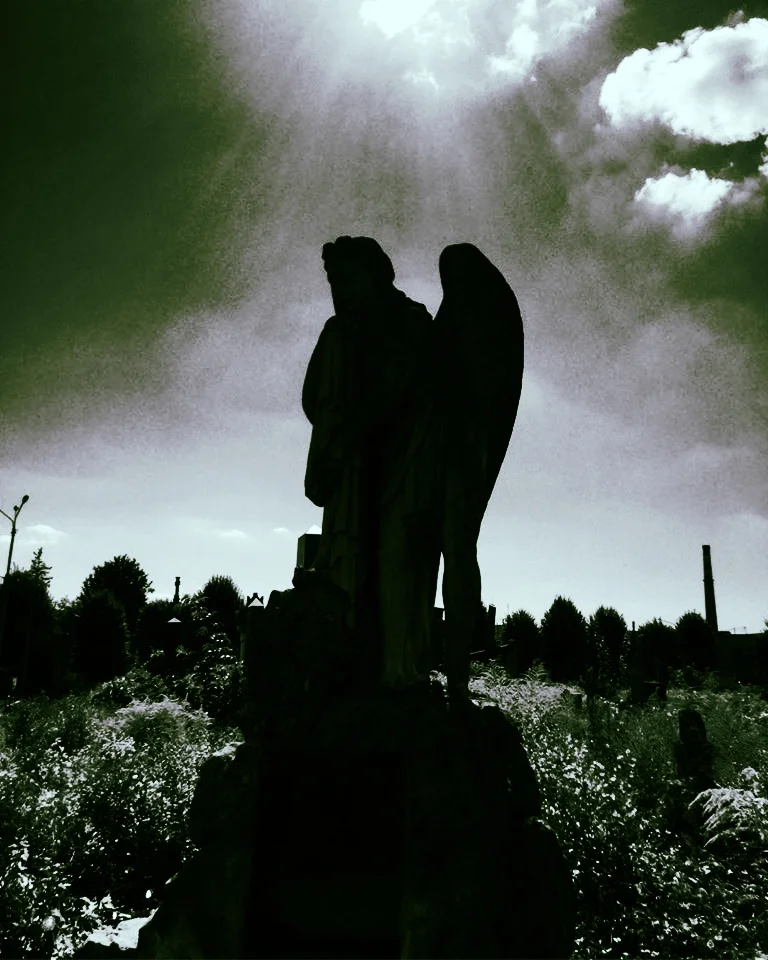
Lalibela
by Kateryna Kalytko
Translated from the Ukrainian by Oleksandra Gordynchuk
The icon rode in the wagon with him amid sacks full of last year’s potatoes. This grim man in a clunker with a wagon has been Osyp's only chance for a ride on the way there, but at least he was able to stretch his legs out. The potatoes were sprouting; he could even hear their shoots moving in the sacks. The fabric in which the icon was wrapped, slid down a little, revealing a corner of a colorful canvas, and a stray bee, woken by an early warm spell, tried to land on it. Osyp saw this as a good sign and didn’t even worry that the bee would inevitably die once it got colder again.
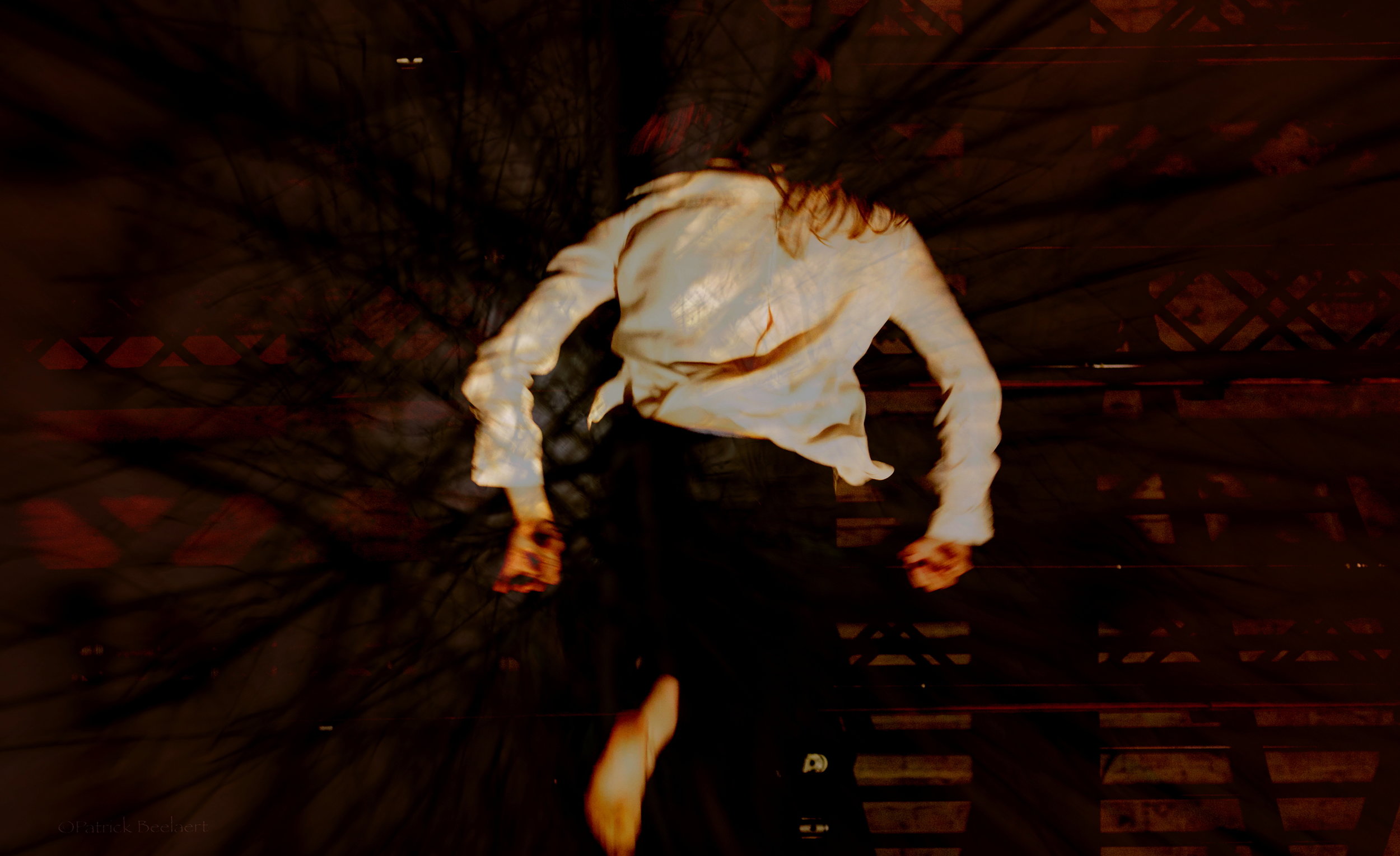
La La On My Retina
by Billie Hanne
When we are touched we are moved. Silence emerges, blooms, but, as in Nature so in us, silence can only last for a second. Then we have to speak, do, move. And thus we make, create, take action to be with, to participate in, yet to not disturb the vision that we are presented with. We do what we can to hold onto and deepen our experience of the moment that grasps our attention. We open our heart as wide as we can to receive its mystic content. We bare what we are able to. One person only a bit stronger than the next.
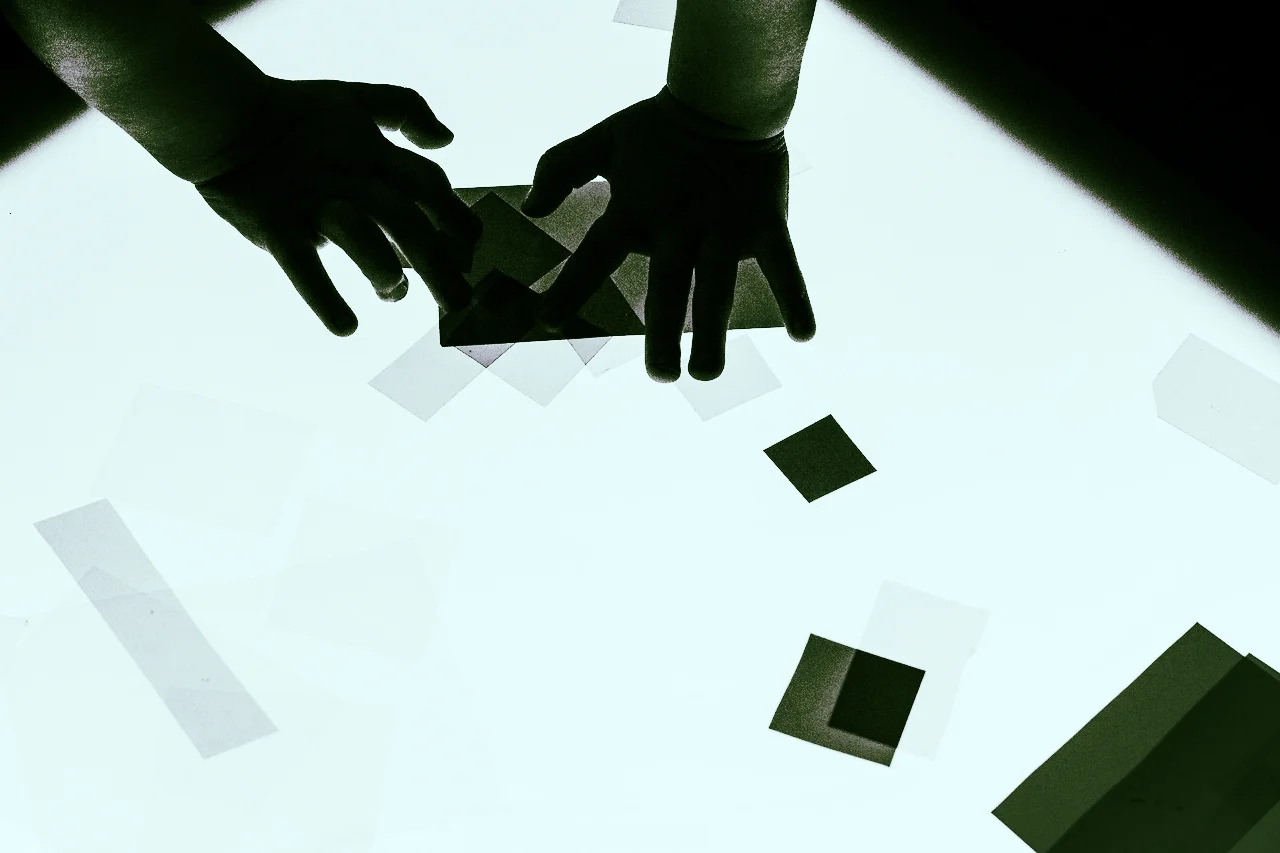
How to Become a Body
by Evan Steuber
Look in the mirror and see how your eyes will frame age and time. Death is the most obvious beginning. We dress up a corpse to convince ourselves this is a person. Still, if the corpse can be forgotten, death is also the easiest way to avoid the fate of the material. Existent only in memory, the deceased is perfectly singular.
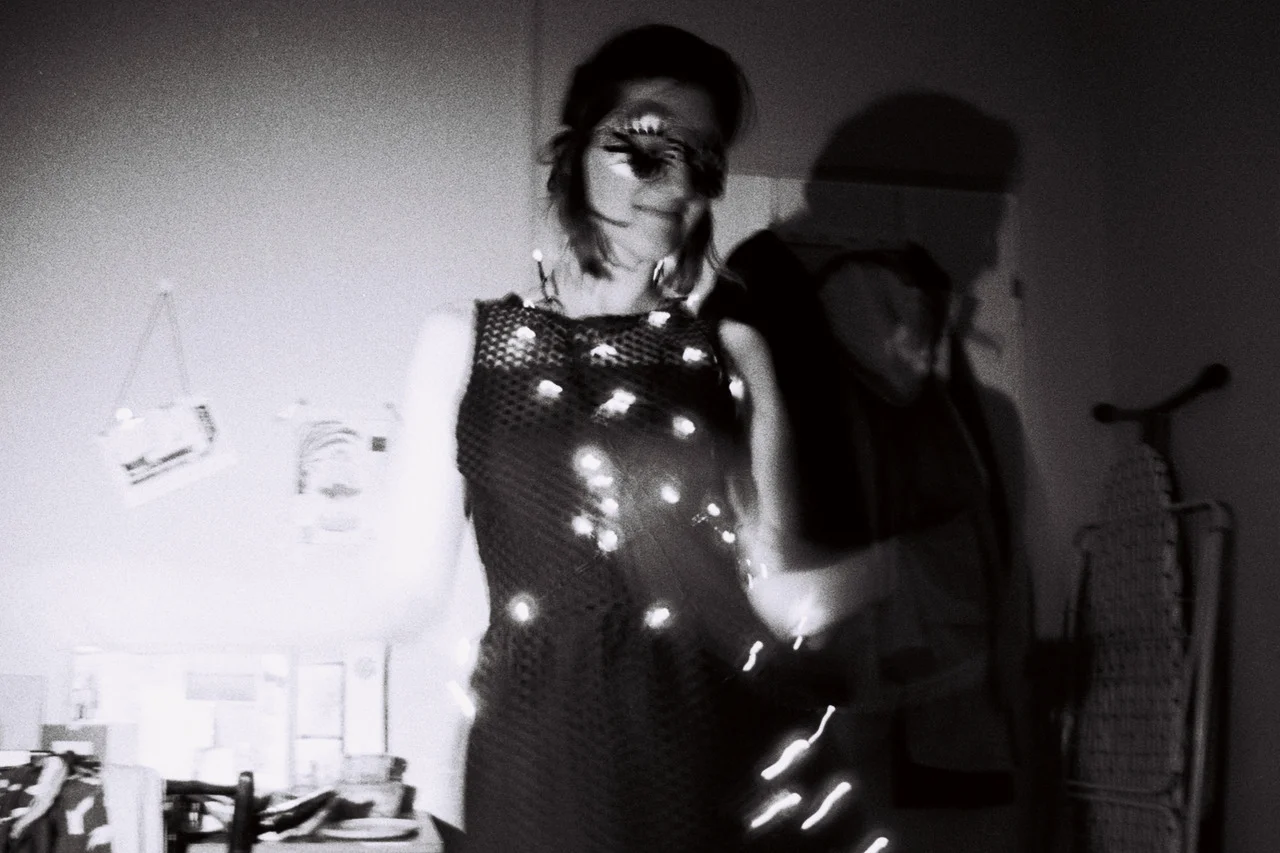
Funeral
by Kateryna Khinkulova
Translated from the Ukrainian by Oleksandra Gordynchuk
I did not bury Tanya – I scattered her ashes in Paris. All this romantic appeal – dying somewhere but not in Paris, bridges over the Seine, whatever – really got under my skin. I stood on one of the bridges, Bolik sleeping in his stroller. It wasn’t the Mirabeau Bridge, but I could see the Eiffel Tower and the Musee d’Orsay from it anyway. I didn’t have enough courage to do this during the day, so we came late at night when it got completely dark.
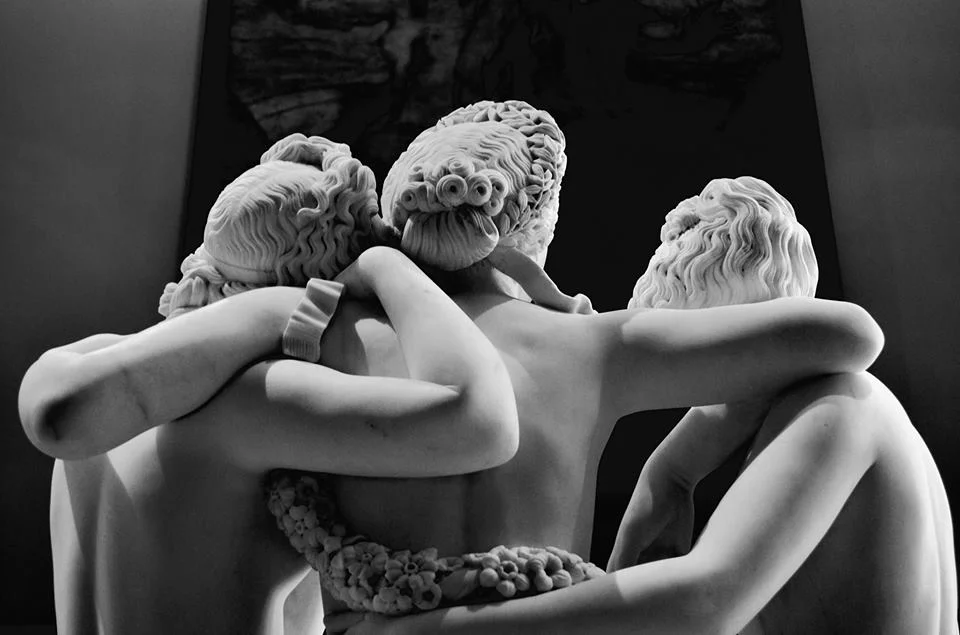
There Are No Happy Loves: A Retrospective of Forgotten Films
by Sophie Gertrude Strohmeier
A brief encounter in Brussels at Christmas, then the flight eastwards: a housewife and a shopgirl caught up in an amour fou that will lose itself, unresolved, in a criss crossing of limbs and European landscapes, finally coming to a standstill in Trieste, along the Slovenian border. At the edge of the Western world, one burning question: where do lovers go when all has been escaped from?
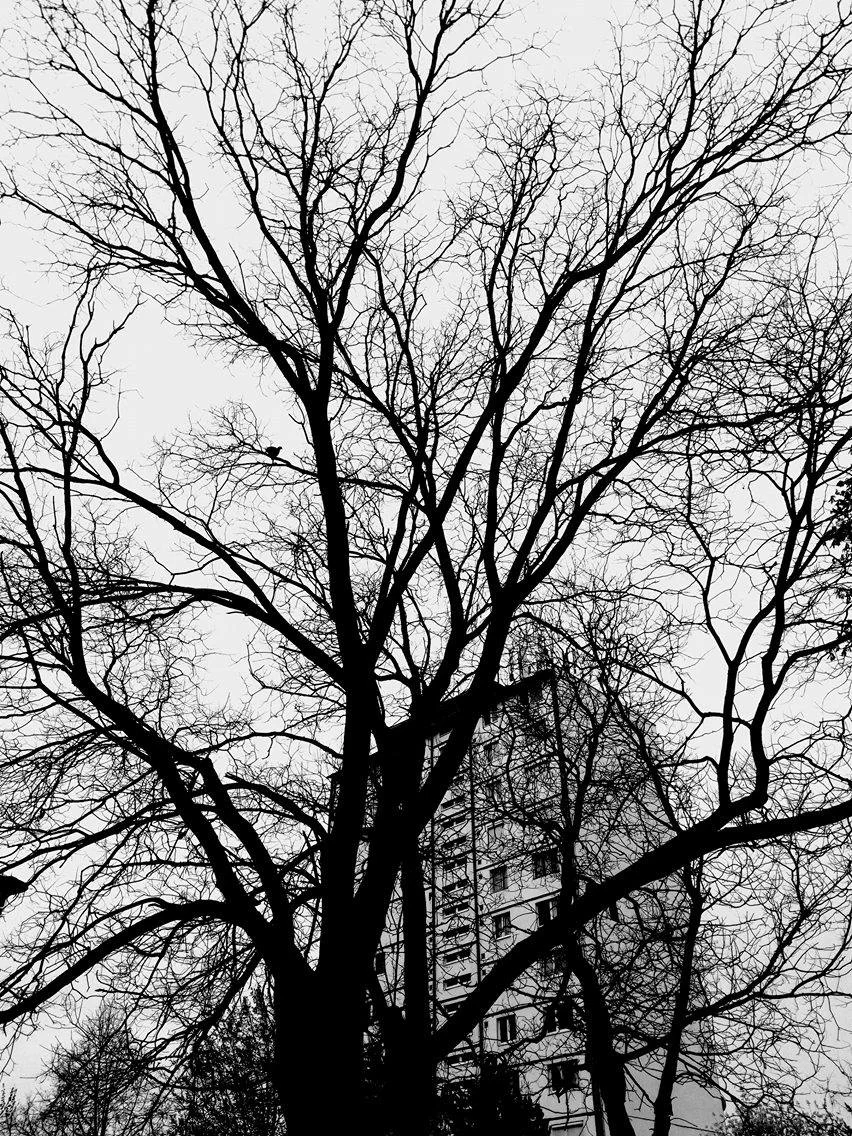
An excerpt from "Offended Sensibilities"
by Alisa Ganieva
Translated from the Russian by Isaac Stackhouse Wheeler
The three law enforcement men had already been clicking around the parquet of the downstairs rooms for quite a while, two citizens deputized to witness the search trudging along behind them, gaping at the fancy décor of the Lyamzin house.
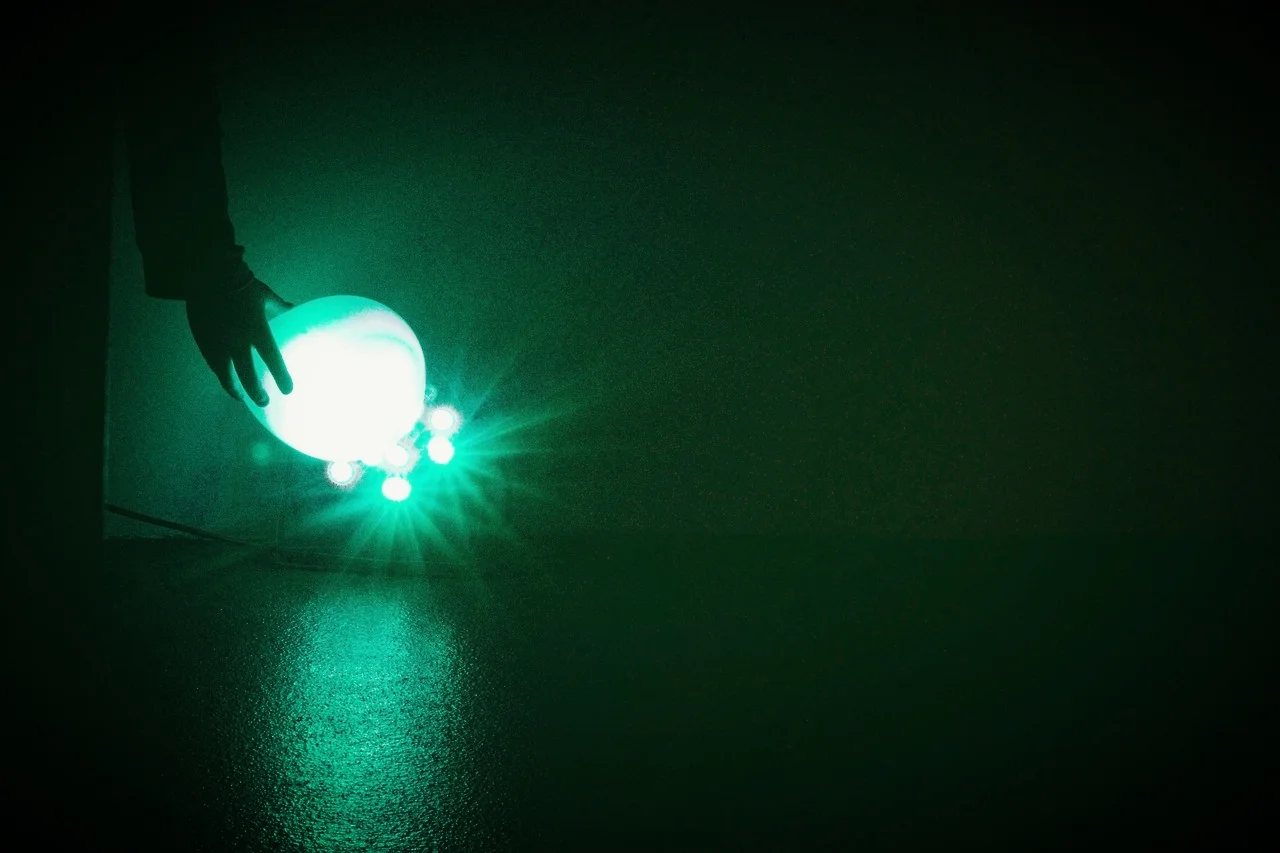
The Youth of Gerhardt Frei
by Oleksiy Chupa
Translated from the Ukrainian by Zenia Tompkins
These days no one would even remember who Gerhardt Frei was. Yet, some sixty-odd years ago, this name ended up at the center of most kitchen table conversations throughout the city. After the final rout of the Third Reich, he, along with thousands of other German POWs, was sent here, to our part of Eastern Ukraine, for construction work. Frei was taken prisoner all the way out in the suburbs of Berlin.
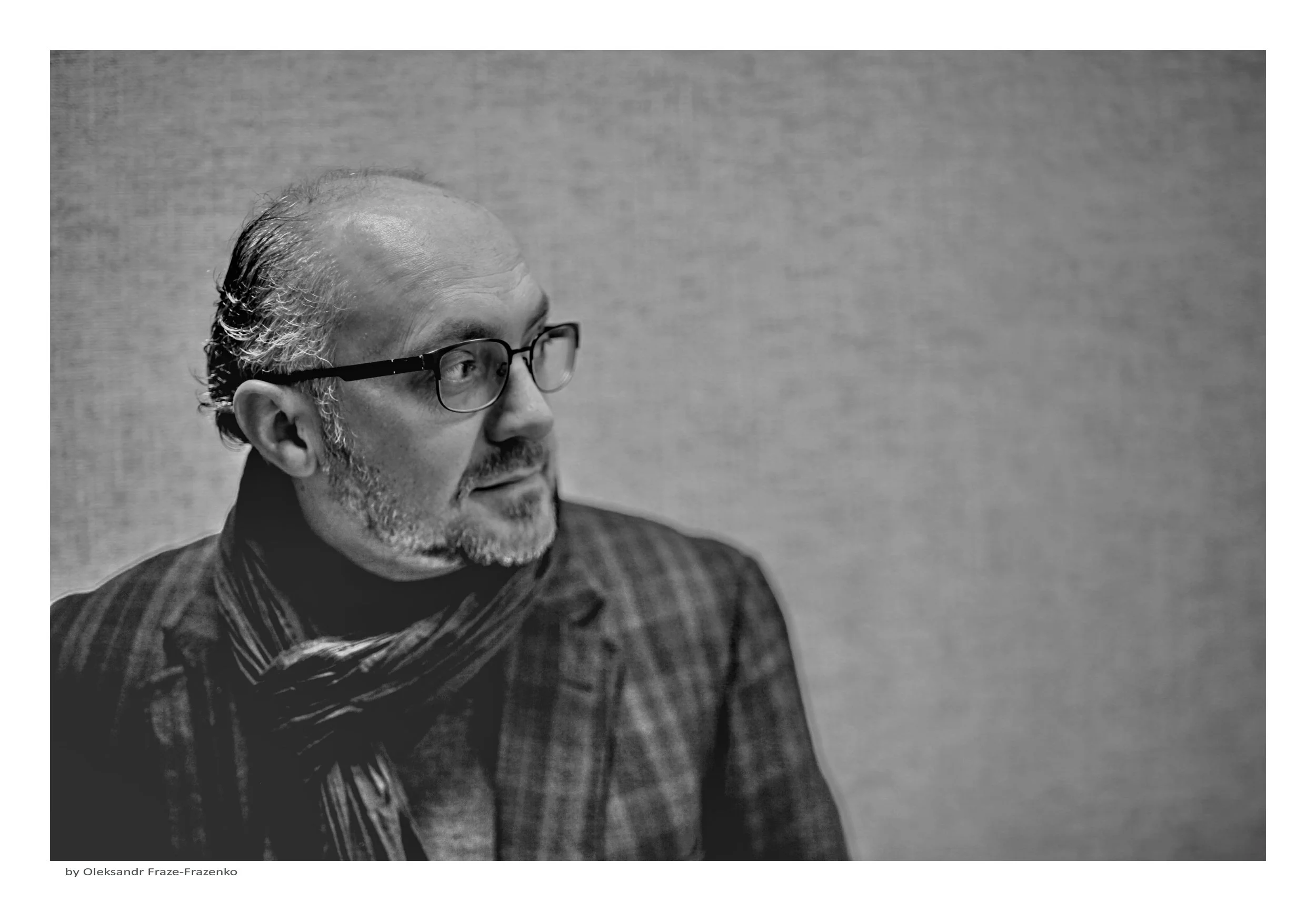
Chickens Don't Fly
by Vasyl Makhno
Translated from the Ukrainian by Ali Kinsella
There was a time when the hills of Bazar were the highest and the greenest. And I carried the Dzhurynka River nestled in my shirt like a quail’s egg found in the grass. And the rains came to us like guests on the Intercession; and snow grazed on the banks of the Dzhurynka.
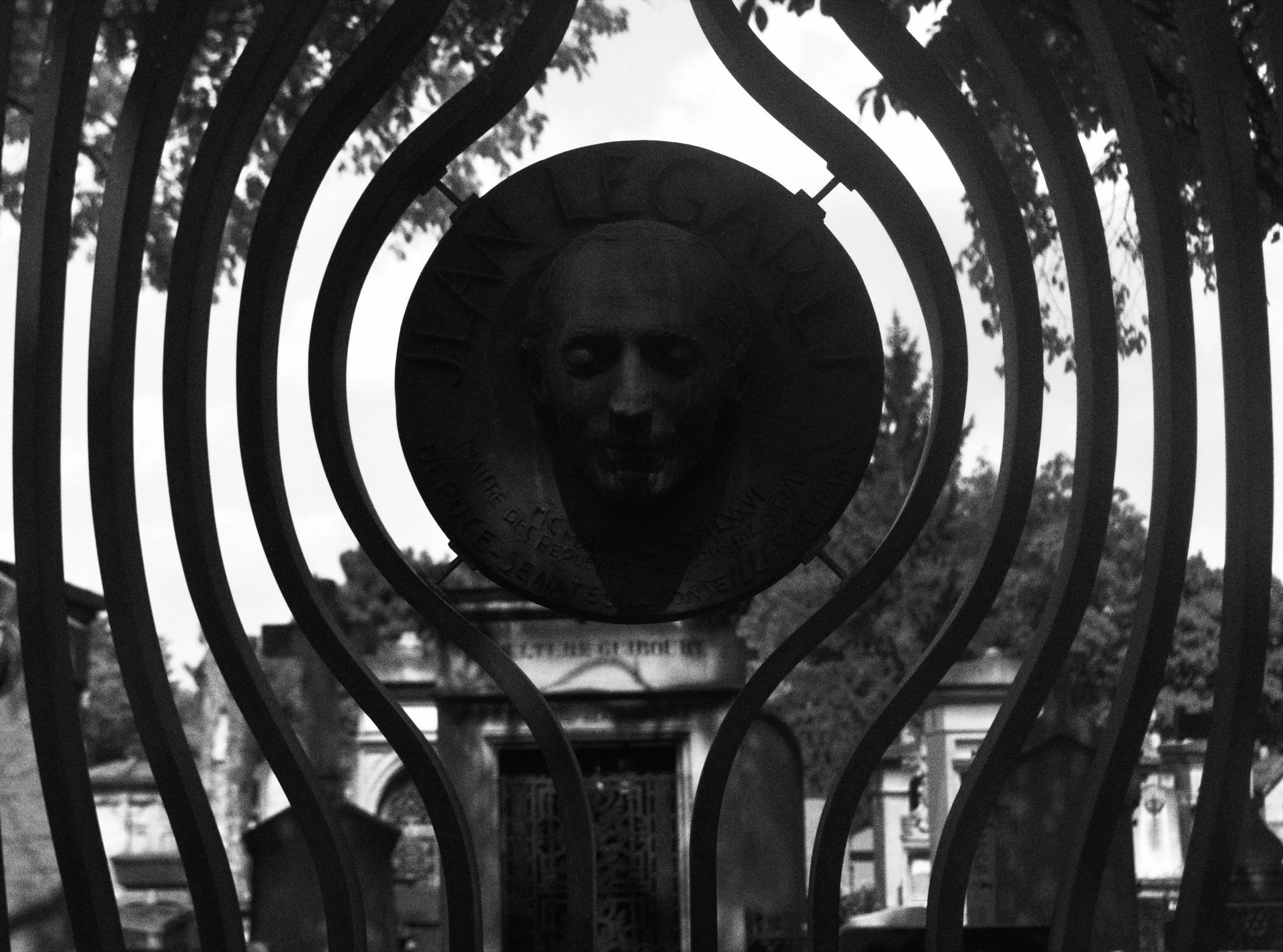
"At the Turn" and other poems
by Sergey Lebedev
Translated from the Russian by Dmytro Kyyan
They could arrest the garden gnomes,
exterminate swallows and spiders,
roll a granite pavement in asphalt,
take out to the East
the porcelain figurines from a chest of drawers
that peeped through the window,
replace the human souls
with an overcoat cloth
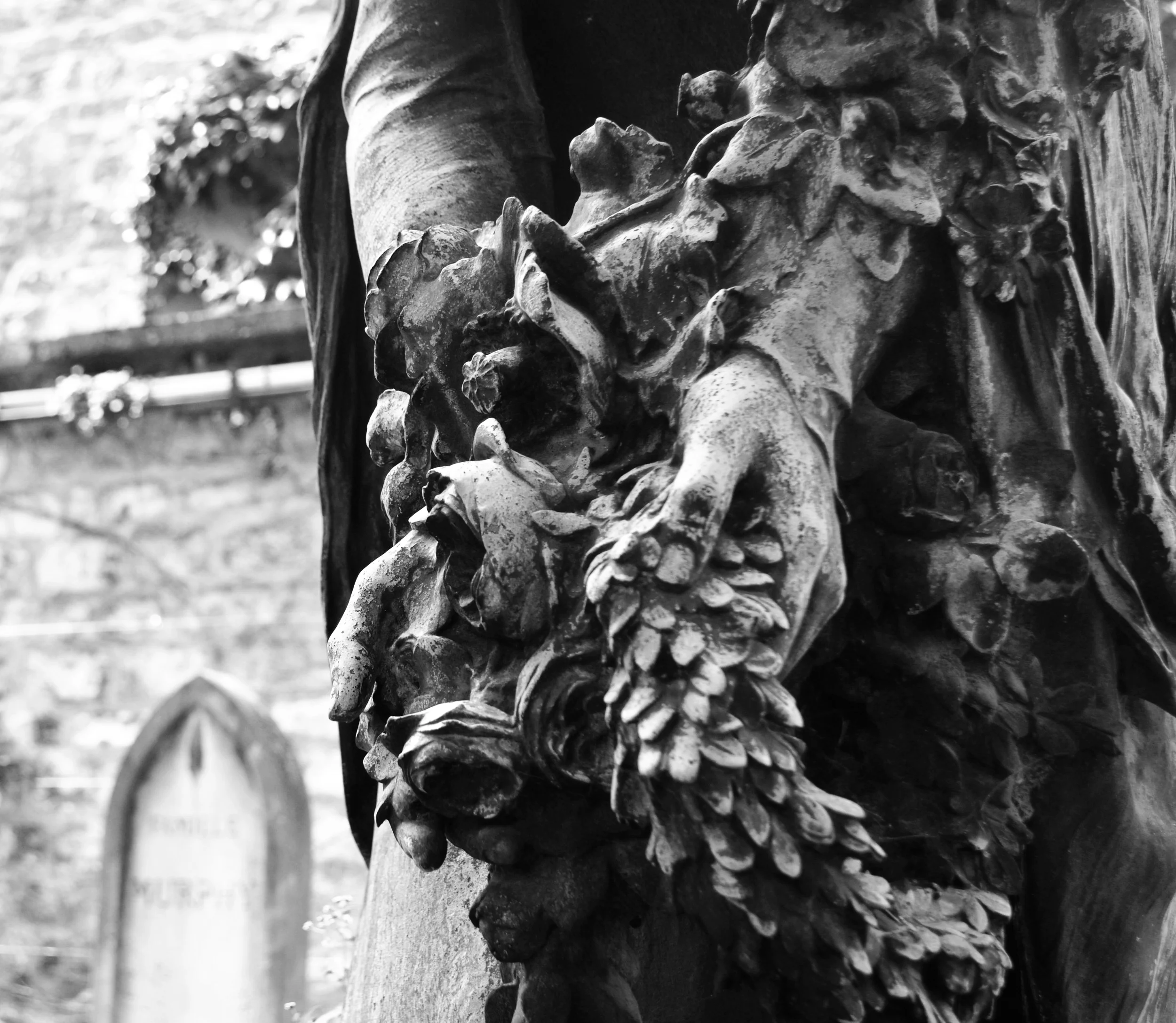
"The Siege of Hades"
by Isaac Stackhouse Wheeler
Meticulous Demeter’s revenge was slow but vicious;
she bred innumerable souls to choke the underworld
and laced them with her own ethos; her triumphs
sickened its entombed monarch, and soon he was impotent
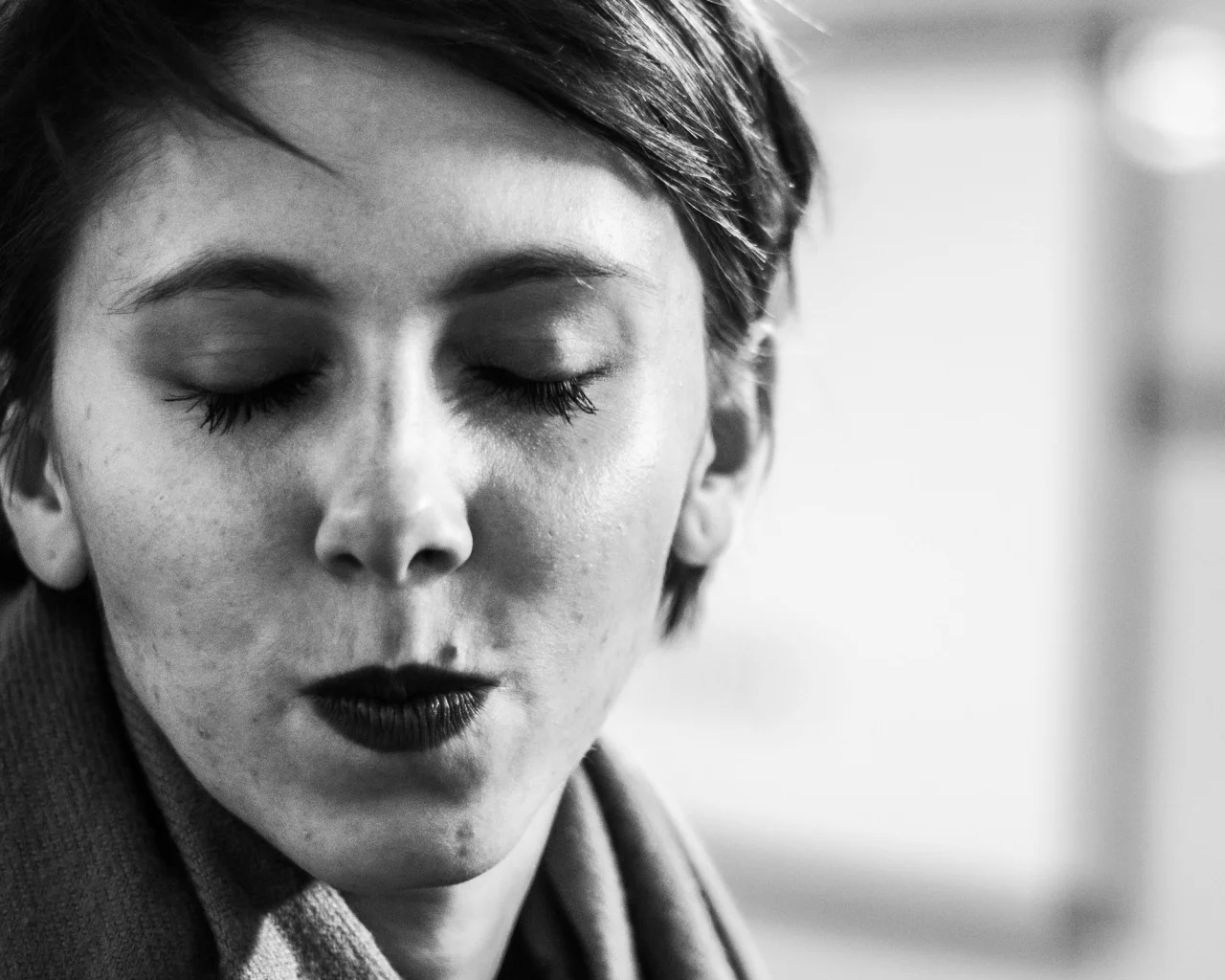
"Empire" and other poems
by Snežana Žabić
There are life forms who slash the cheek
of a refugee, lay eggs like lizards, drown in their siestas.
Immigrants talk about papers, Dubai, Cambodia,
Singapore, migrate pleasure and work.
